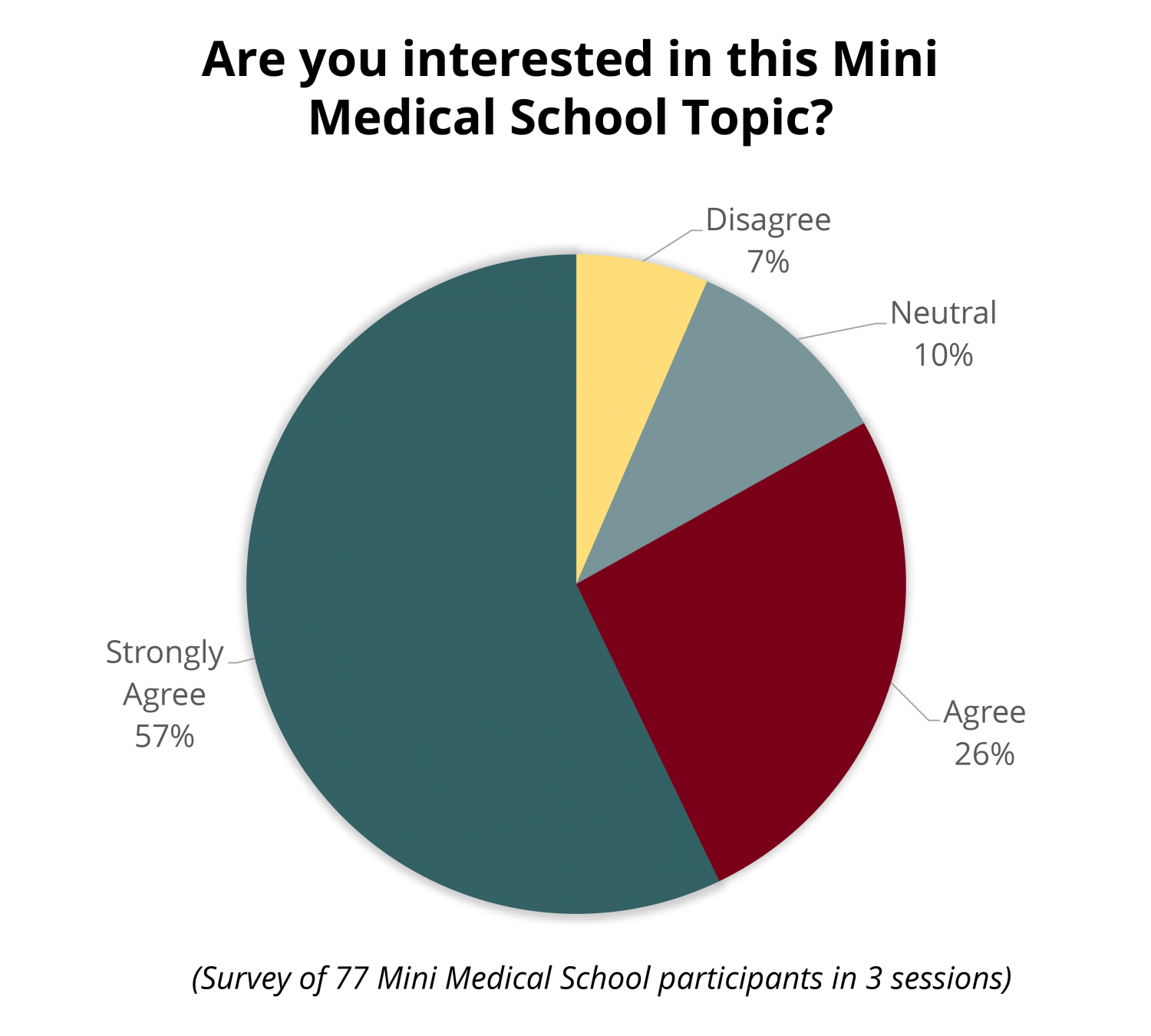Our Impact
Over the past 10 years, our global health work at the University of Minnesota has spanned the globe—from maternal health research on the shores of Lake Victoria to strengthening the healthcare workforce of Afghanistan.
Our education, research, and capacity-building efforts continue to impact countless communities while also shaping the minds of future global health researchers, practitioners, and leaders. Through our seed grants, travel awards, and mentorship programs, we are able to give faculty and students the opportunity to form valuable international collaborations. These partnerships are translating ideas into cutting-edge practice in the field at research sites on four continents.
Building on this foundation, the center today is at the forefront of a transition in global consciousness, recentering meaningful community engagement at the heart of our research and training efforts. Partnerships with local communities focus on building lasting relationships and nurturing the next generation of global health leaders.
Our Global Reach
We have worked or partnered in over 37 countries across the globe.
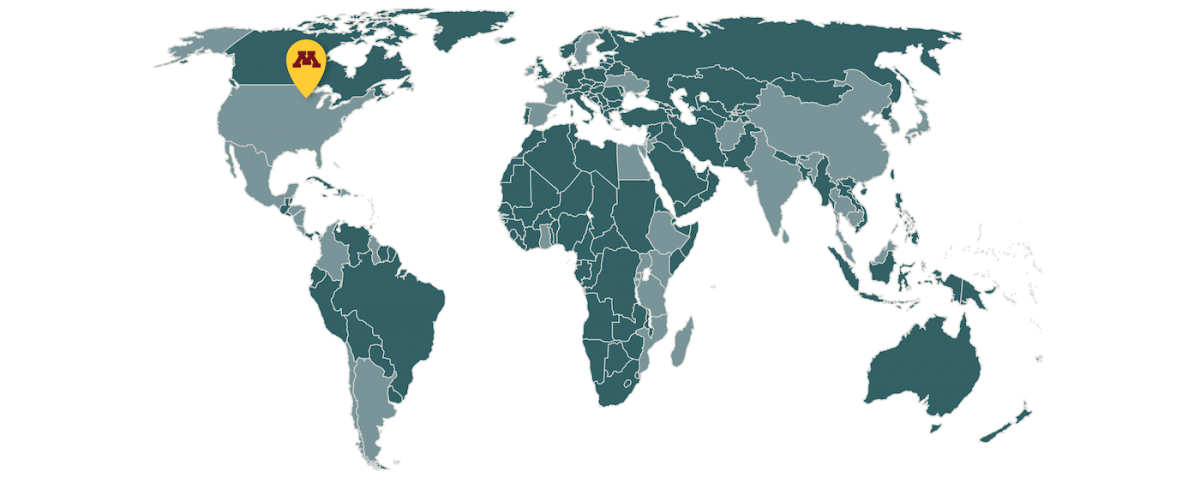
Global Health by the Numbers
We have impacted thousands of students, practitioners, and professionals through our education, research, and capacity programs.
GLOBAL HEALTH SEED GRANTS
33 grants and over $825,000 awarded since 2016
FACULTY TRAVEL AWARDS
21 awards and $105,000 awarded since 2016
FOGARTY FELLOWSHIPS
22 trainees from University of Minnesota since 2012
CASE COMPETITION
631 students from 15 UMN schools since 2016
PARTNERSHIPS
100+ partner institutions in 37 partner countries
UGANDA RESEARCH HUB
250 participants in symposia, workshops, and trainings
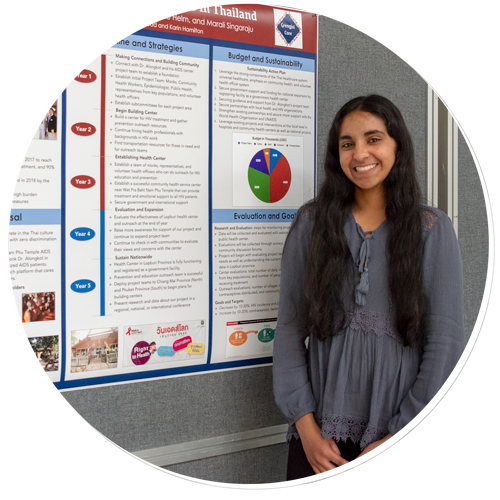
Impact Area: Fostering the Next Generation of Global Health Leaders
Through our education and research programs, we're building connections and enhancing knowledge alongside future global health practitioners, professionals, and leaders.
see how –
- Global Medical Education and Research Program
- Global Health Case Competition
- Faculty Mentor Awards
Global Medical Education and Research Program (GMER)
GMER promotes an exchange of international educational, research, and other scholarly opportunities for University of Minnesota medical students.
“The GMER rotation is crucial to expanding the perspectives of those who go on international rotations. There is no better way to expand your understanding of healthcare around the world than to immerse yourself in a totally different system in a different area of the world.” – David Matson, GMER participant in Kijabe, Kenya
100% of students reported that their GMER rotation expanded their knowledge of how health care delivery varies around the world.
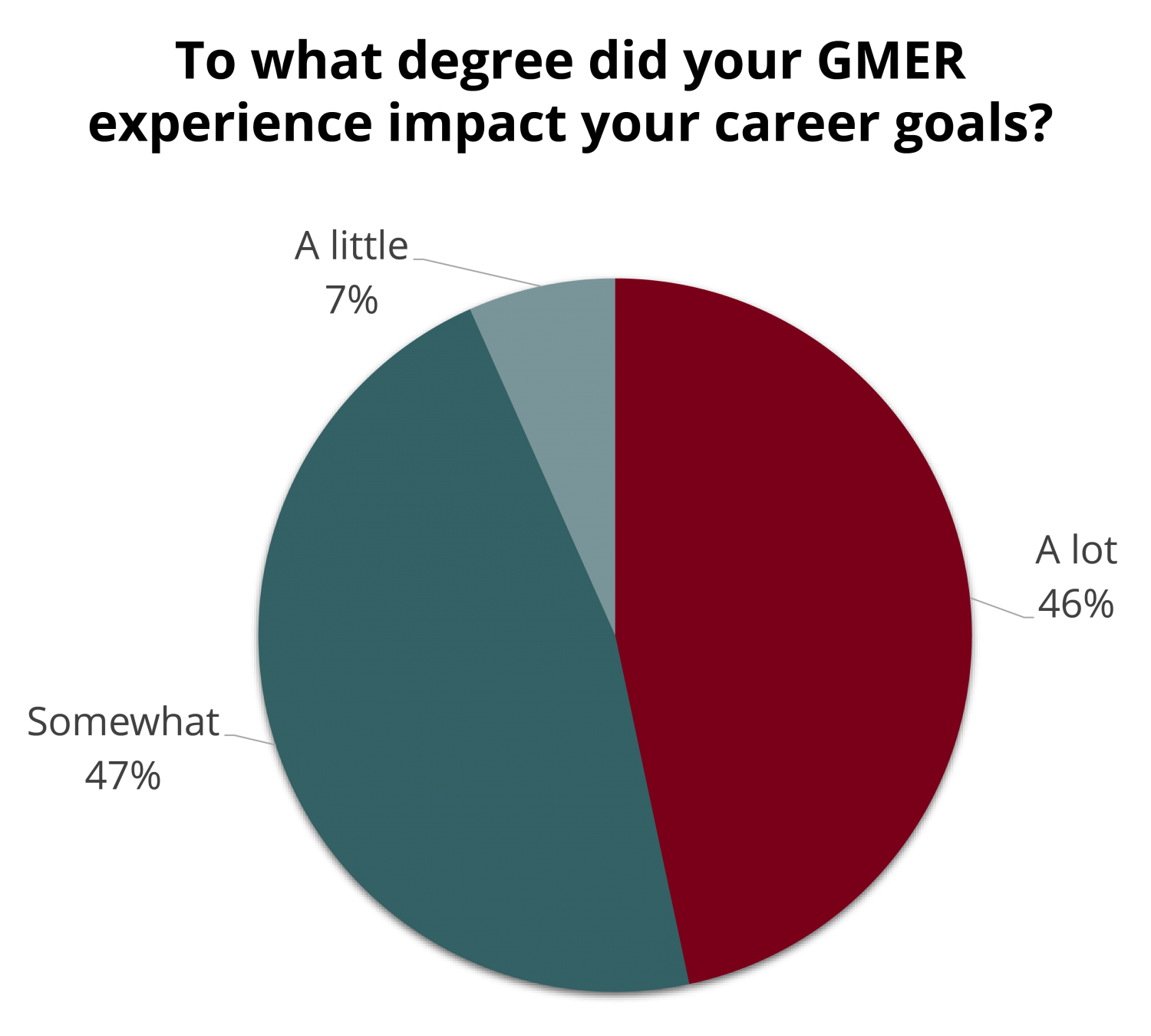
Global Health Case Competition
The Global Health Case Competition is an interprofessional learning opportunity for UMN students to work together to develop innovative solutions for twenty-first century global health issues.
“I am very interested in a career in global health and infectious disease epidemiology, so this competition reaffirmed that this was the kind of work I liked doing.” – anonymous Case Competition student participant
95% of participants agree or strongly agree that the Case Competition helped them to respect the unique cultures, values, roles/responsibilities, and expertise of other health professions and the impact these factors can have on health outcomes.
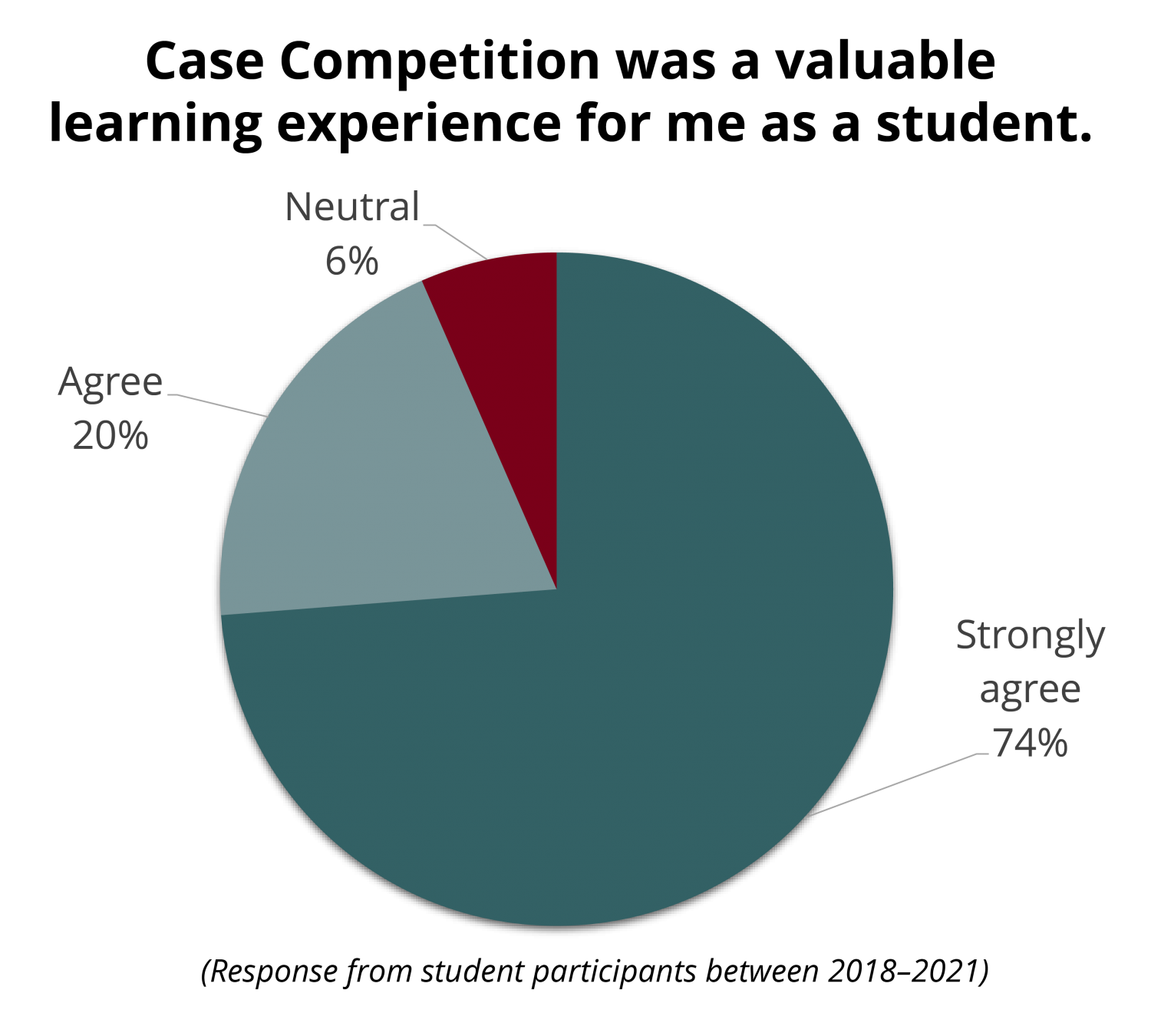
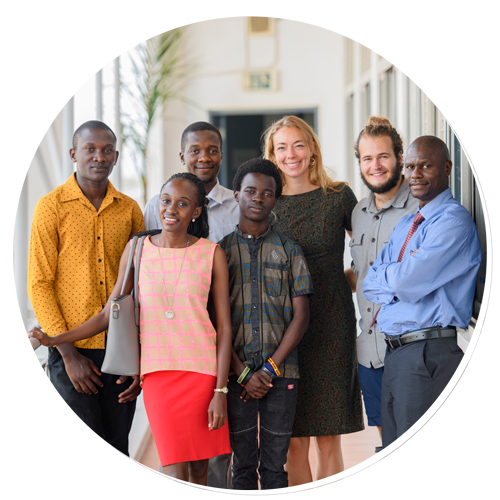
Impact Area: Catalyzing Mutually-Beneficial Global Health Partnerships
We work with global partners to foster sustainable, bi-directional partnerships with the goal of building capacity for ensuring the health of their communities in the long term.
SEE HOW –
- Global Health Seed Grants
- Faculty Travel Awards
- UN Migration Agency (IOM) Project
Global Health Seed Grants
Our Global Health Seed Grant program fosters new interdisciplinary collaborations to advance global health research through funding up to $25,000 for UMN faculty and partners.
“The seed grant allowed us to get some research up and going quickly, while we were all very enthusiastic about the idea and ready to run with it. This was a great opportunity to build relationships with new collaborators at a new site.”
75% of Seed Grant recipient respondents anticipate proposing new collaborations with their study co-investigator in the future.
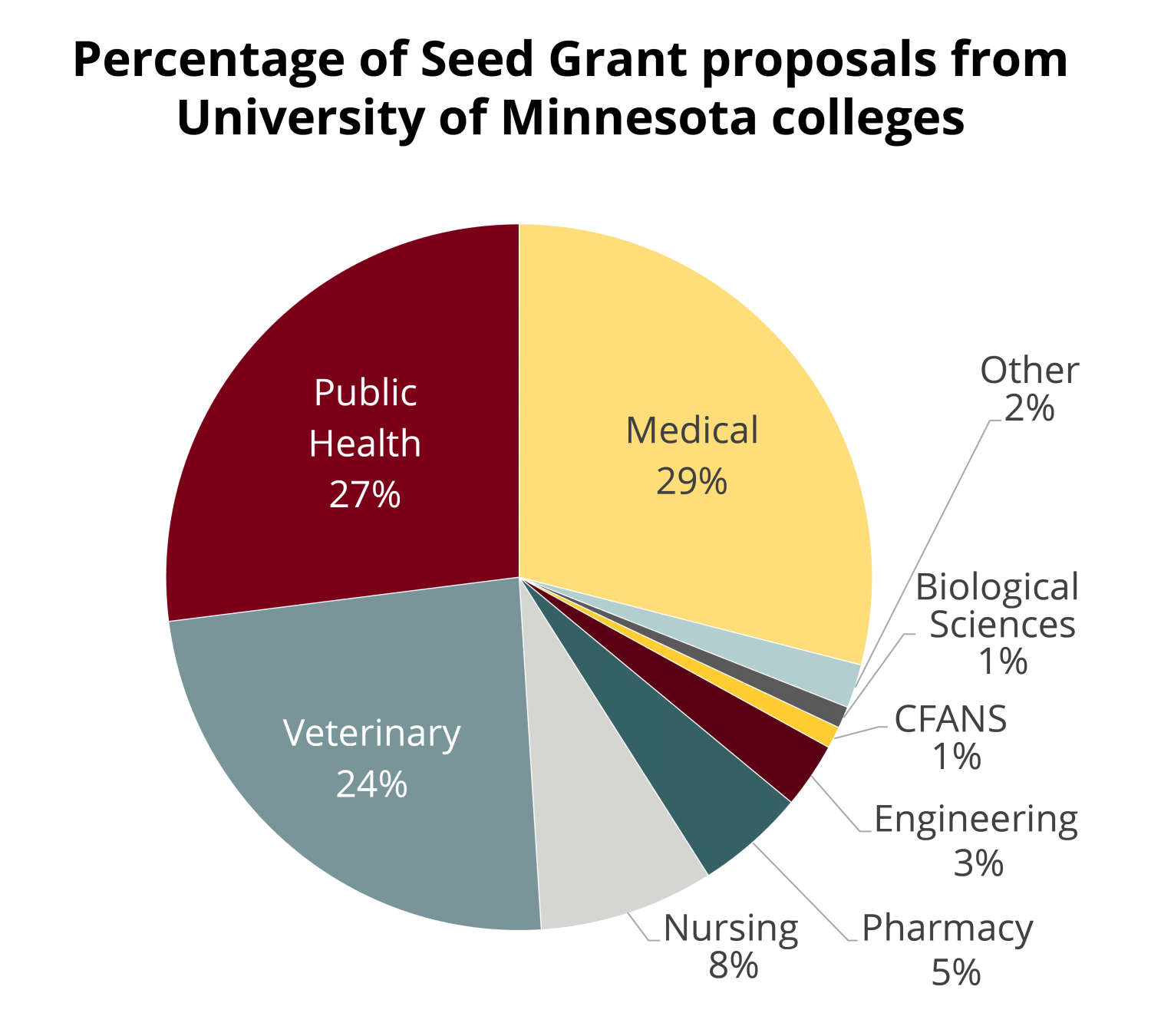
UN Migration Agency Project
We partner with IOM and the CDC to deliver refugee resettlement physical examination quality improvement training, aimed at standardizing and strengthening physical examinations performed by IOM physicians.
“Amazing facilitators group. I really appreciate the way the team adapted the training to the needs (goals) of the participants.” – IOM physician participant in Kigoma, Tanzania
Over 100 IOM physicians from 38 countries have attended in-person trainings led by the University of Minnesota and local experts.
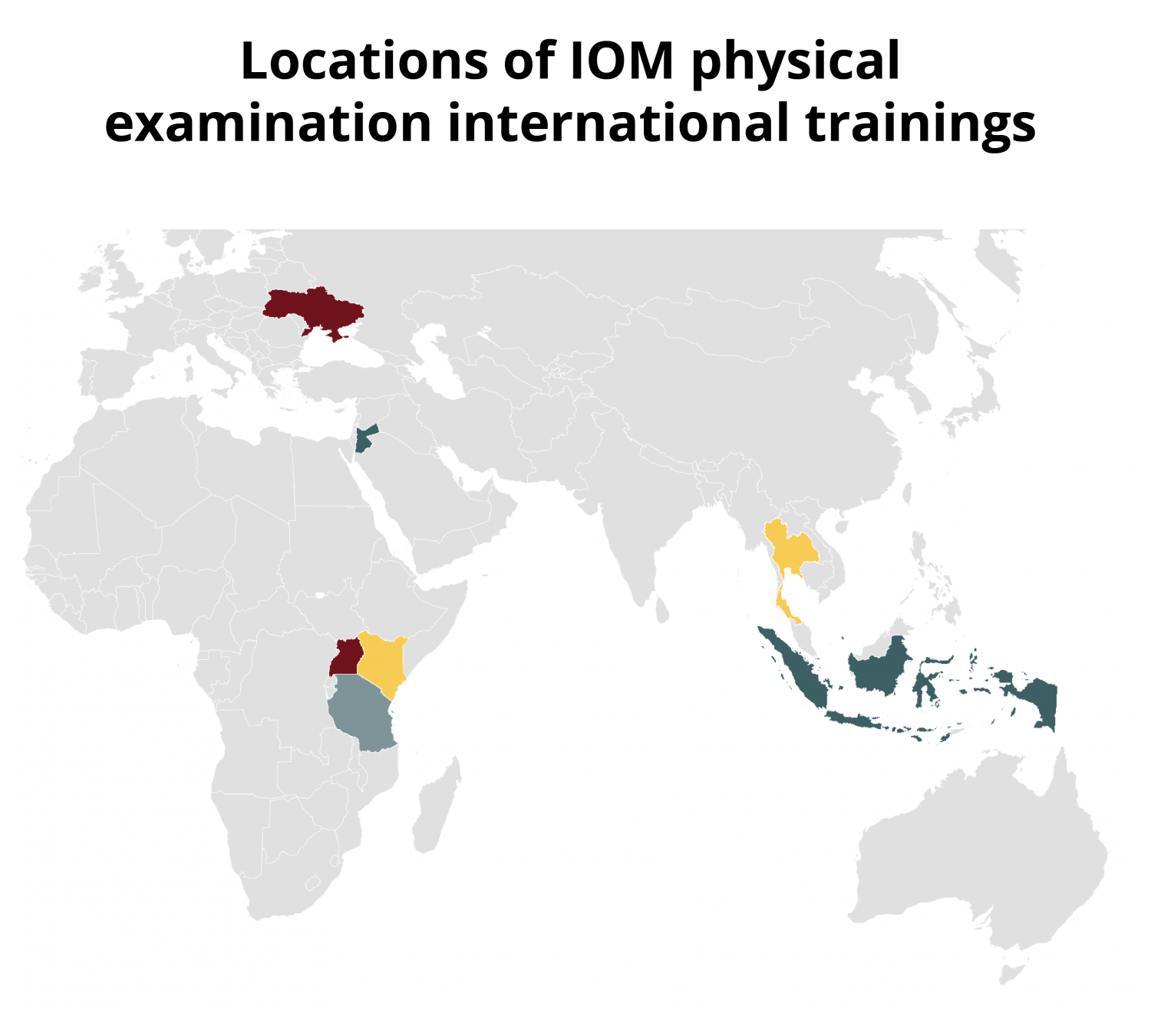
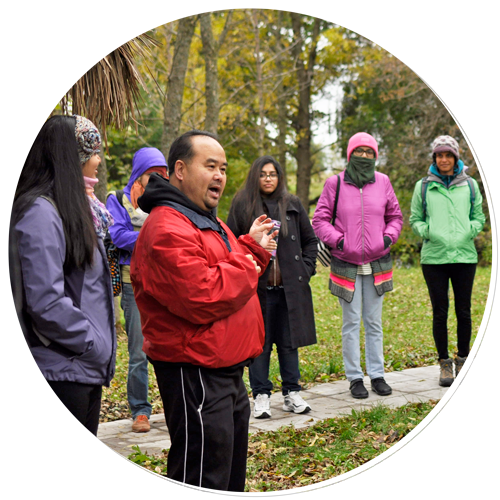
Impact Area: Championing Social Responsibility in Global Health
We prioritize benefit to society and the environment at large throughout the cycle of our global health efforts—from planning and implementation to evaluating and disseminating outcomes.
SEE HOW –
- Global Health in Local Contexts
- Mini Medical School: A Focus on Global Health
Global Health in Local Contexts
Global Health in Local Contexts is an experiential course that immerses UMN students and health professionals in the study of health equity, the social determinants of health, and community-based healthcare.
“In this class, I have certainly learned a lot about social determinants of health and health equity and the roles structural violence, social movements, race and racism, and power and privilege play, as well as the impact of neoliberal economics on health.” –Sonia Chowdhury, class alumna
“My hope is that more and more people learn to think about health and health equity in as much depth as we did [in the course], and that eventually health behaviors, society and structures significantly change on a global scale.” – Public Health student
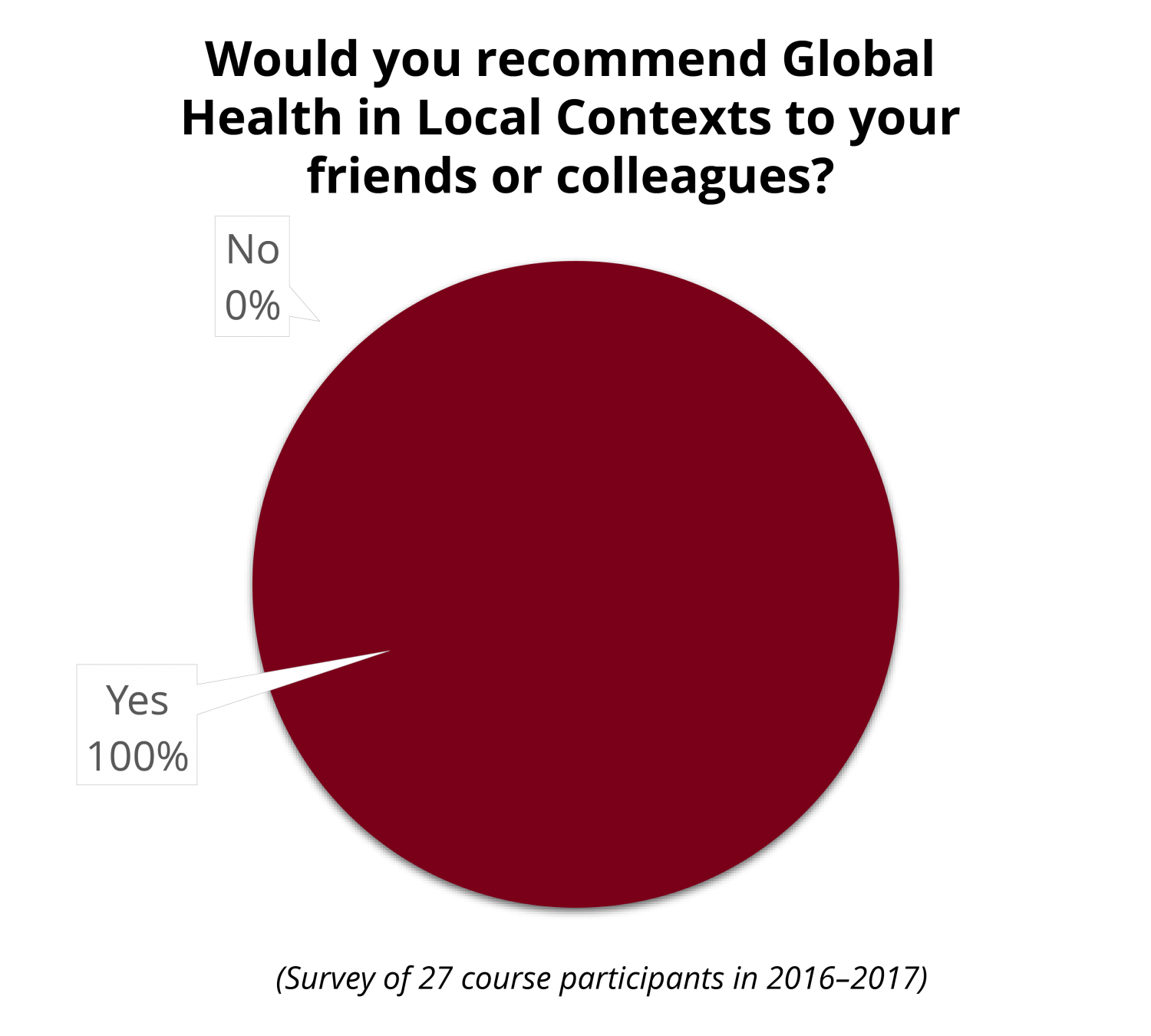
Mini Medical School: A Focus on Global Health
Mini Medical School: A Focus on Global Health is a short educational series designed for general audiences across Minnesota. Sessions explore global health research, capacity building, and the nuances of social responsibility.
“I thought the discussion was stimulating, and it was useful to have panelists with such a variety of backgrounds including medical missions (for better or for worse!) I found the dialogue and topic to be fascinating and relevant!” – Anonymous participant of MMS Session 1: Reexamining Medical Missions
94% of participants intend to use the information they learned in the Mini Medical School Session they attended.
